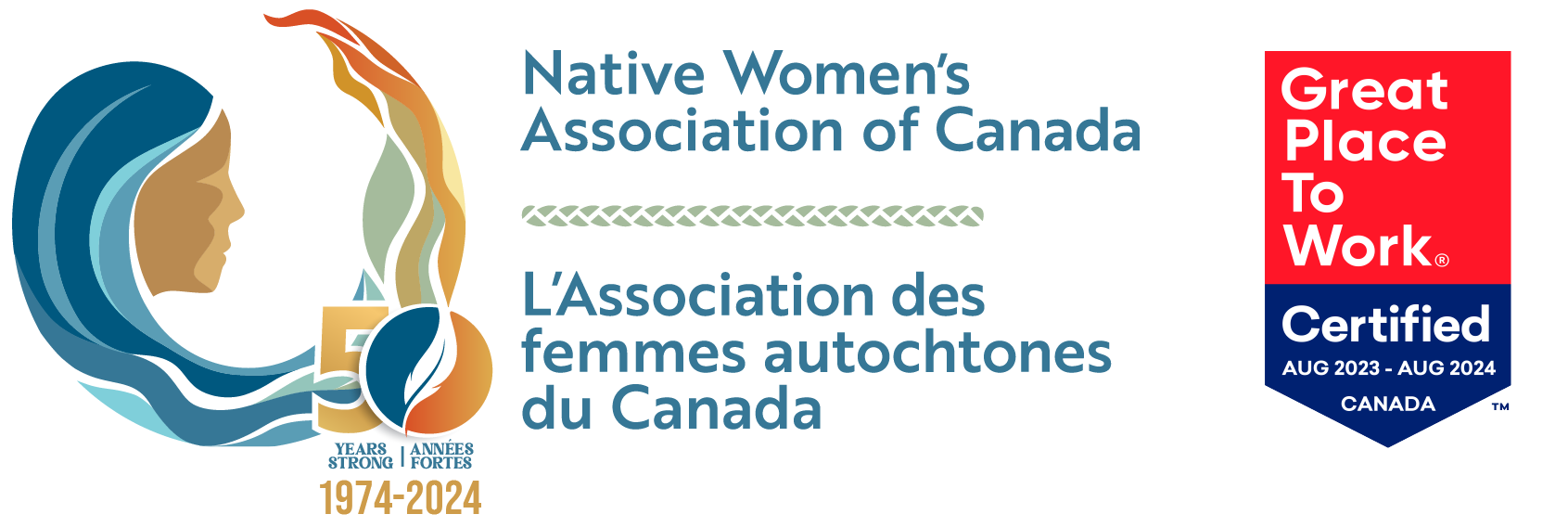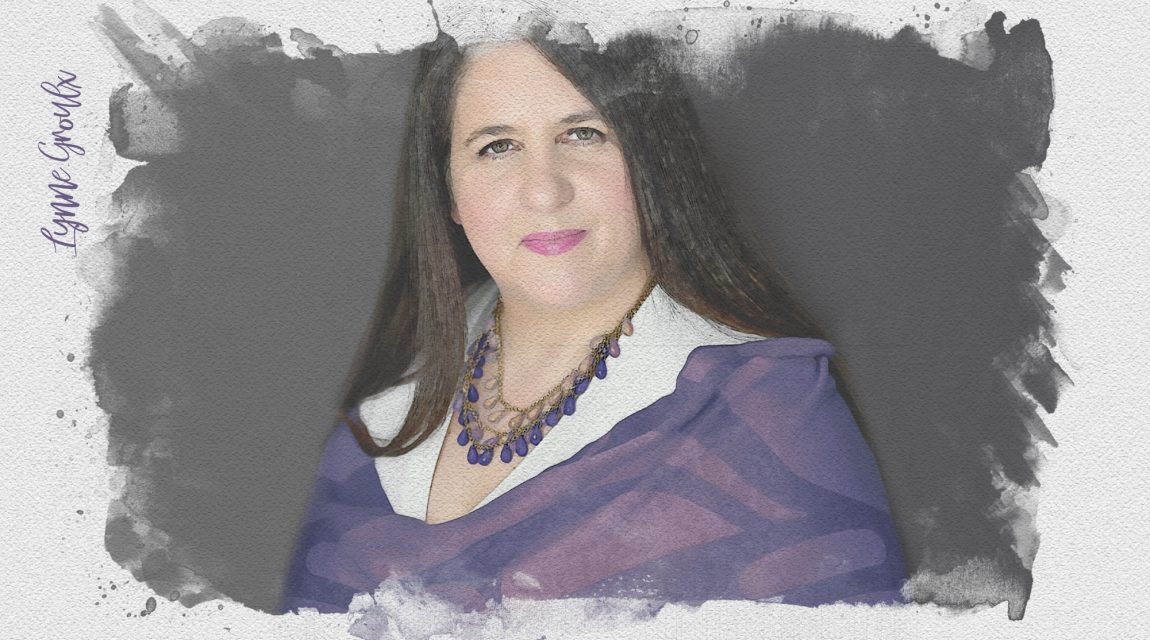Language is one of the most important parts of any culture. It is the way by which people communicate with one another, build relationships, and create a sense of community.
In Canada, there are around 70 distinct Indigenous languages, falling into 12 distinct language families.
Preserving our languages is so important to connecting to our cultural, expressing our heritage, and preserving our history.
This is why I am so pleased that Heritage Canada is sponsoring the preservation of our history, our culture, and our languages through the Heritage Language Project. This initiative focuses on preserving the Algonquin languages, which were spoken by First Nations and American Indians residing in the northeastern part of North America.
You’ll read about this important initiative in the context of preserving Algonquin languages in this issue of Shining the Spotlight. The story talks about how languages merge when groups of people who speak two or more languages want to find an easy way to communicate with one another. The Native Women’s Association of Canada (NWAC) recognizes there are subgroups of the Algonquin or Omàmiwinìmowin language—and that’s why we are so pleased to partner with Heritage Canada to begin preserving these languages.

Just as important as preserving our languages and history is the promotion and encouragement of the next generation of Indigenous leaders. Generation 4 Equality is meant to increase leadership skills among our youth—the next generation—and also promote gender equality for everyone.
NWAC hosted and facilitated the first-ever Generation 4 Equality Summit in August. Their voice is so important to our policy and program discussions, and I look forward to hearing more from our youth.
As always, NWAC remains at the forefront on important matters related to the right of Indigenous Peoples to self-determination and self-governance. We continue to press this point in discussions on implementing Bill C-15, An Act respecting the United Nations Declaration on the Rights of Indigenous Peoples (UNDRIP). All Canadian laws, including the Indian Act, must be brought in consistency with the Declaration if we are to be able to move forward.
And, as usual, NWAC will be on the ground at COP27, the 2022 United Nations Climate Change Conference, being held in November in Egypt. For the first time in recent history, the Government of Canada, led by Environment and Climate Change Canada , will host a Canada Pavilion at COP27. The Canada Pavilion provides a unique opportunity to showcase Canadian climate action, amplify global efforts and support for developing countries, profile the diversity of Canadian actions and perspectives on climate change, and promote Indigenous climate leadership.
NWAC is excited to be playing a leading role and President Carol McBride has been invited to join the Canadian delegation.
Last but not least, you’ll read about our work on the MMIWG file. The perspectives and views of family members and survivors on all aspects of safety, which were shared during a Sharing Circle we held in July, are crucial to the work we are doing in this area, and will help inform our preparations for the annual Sisters-in-Spirit Vigils that take place in communities across the country on October 4.

